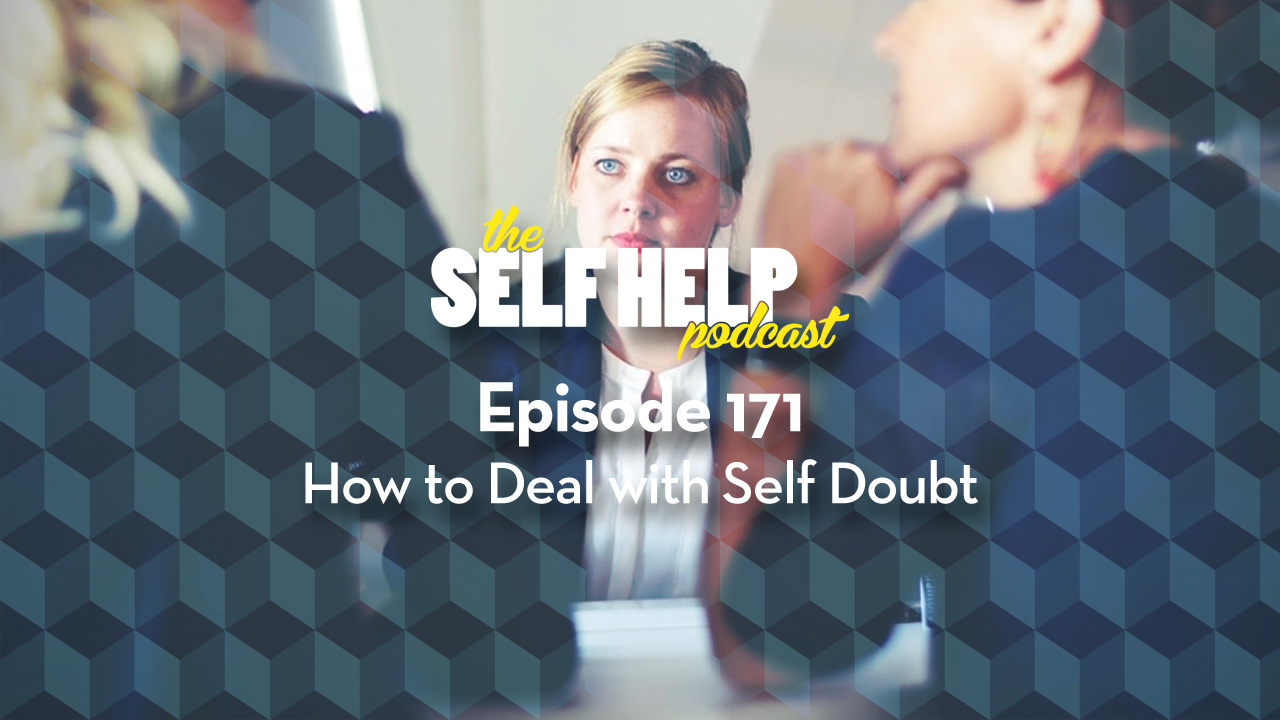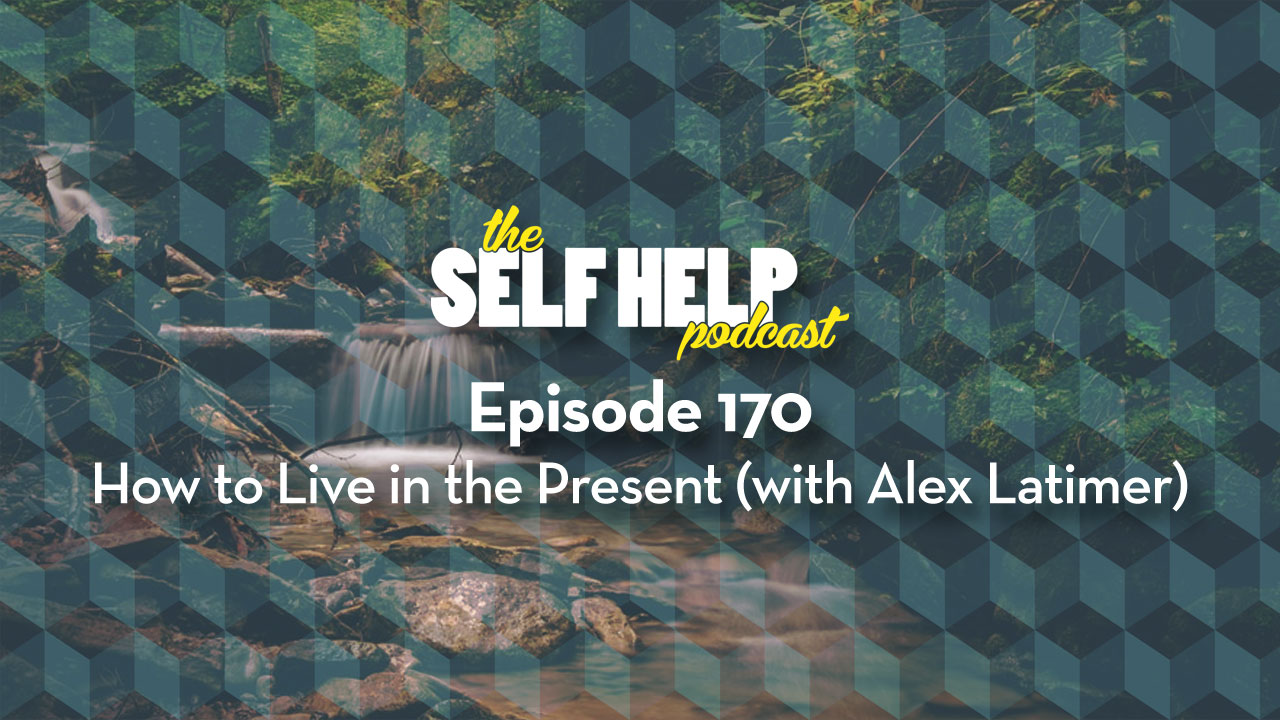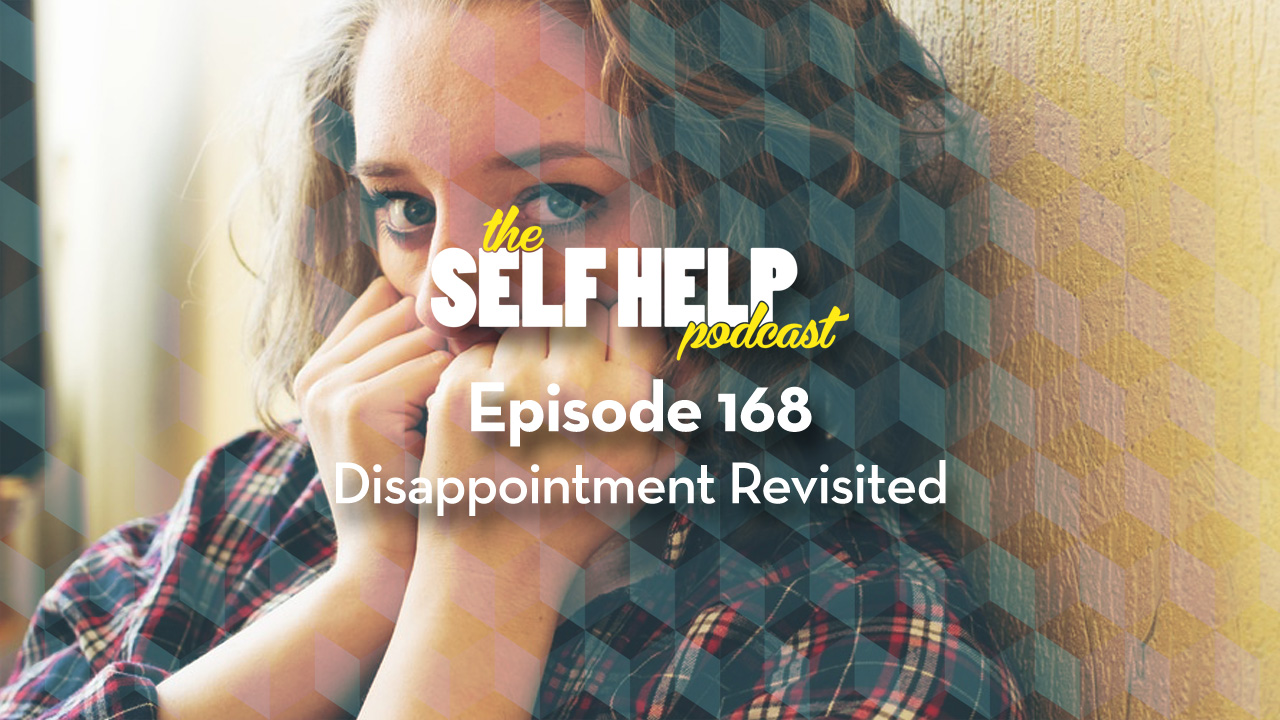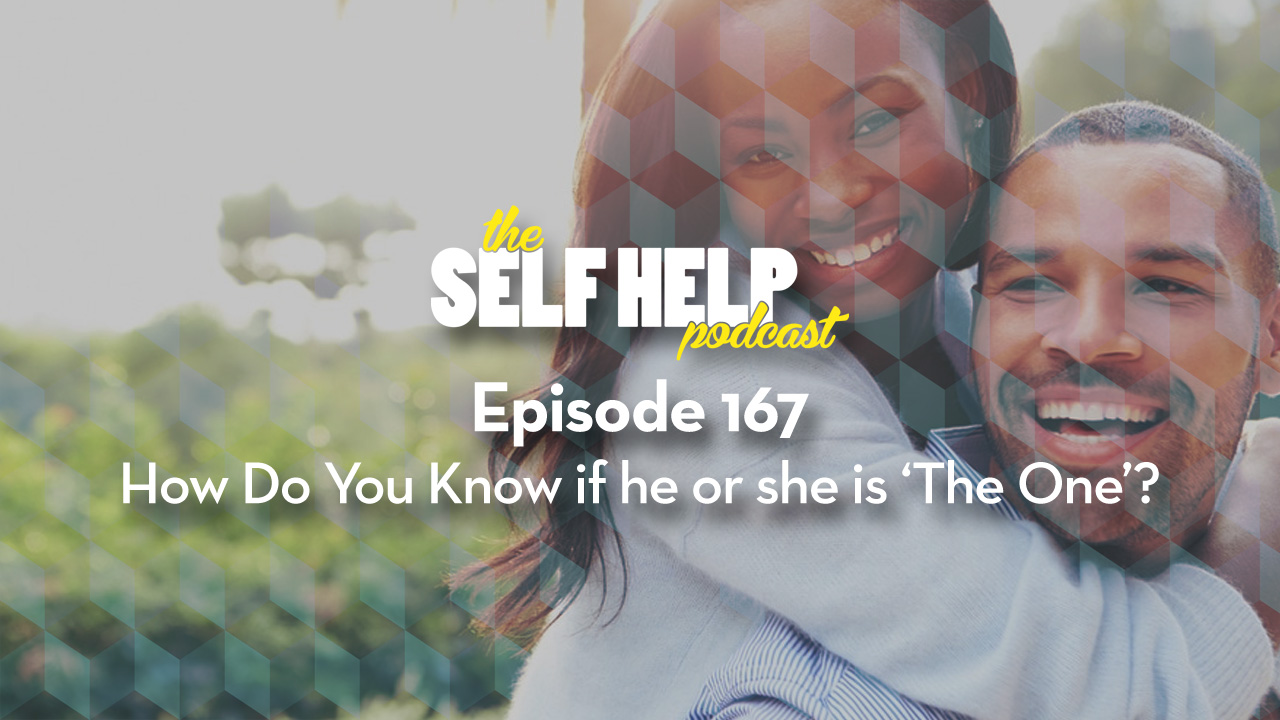A listener emailed in asking about relationships. They had been hurt in the past and currently felt insecure in new relationships. The question raised was how do we ever know if this is the ‘right one’, if this is really ‘the one’.
I have worked with so many couples who met and fell in love or at least they thought that had fallen in love. One of them said “I love you”, the other one said “I love you too” and they skipped off into the sunset on life’s journey. A few years later one of them had the realisation that should have asked “when you said you love me, what did you mean?” We use the word love all the time. “I love that movie”, “I’d really love a cream bum”, “I love they way they do that”.
What do you mean when you use the word ‘Love’?
If you tell me that you love me what should I assume from that? Does it mean that you find me entertaining, that you want my body, money or status, or that you want to care for and share with me for as long as we both shall live?
When we get into this world of emotion we are in strange territory that can never be understood cognitively. Cognitive word can point at the meaning behind a feeling but they can never describe the feeling itself.
The language of communication
When we interact with others only 7% is in the cognitive meaning of the words. Over 50% is communicated with body language and around 38% in the tone of voice or the way that the words are spoken. The remaining few percent is the communication of pheromones and hormones. Which makes text messaging and online dating the least successful ways of wooing other people. It is only in the face-to-face interactions that we truly know what it ‘feels’ like to be with another person.
The honeymoon period
When people meet they are on their best behaviour. It takes about two years for the person to revert to type and become who they truly are rather than how they would like to be seen to be. The idea of long engagements does not seem so silly when you consider this.
Is fidelity important?
Most people report that they want their partner to be faithful. However, statistics vary, but it has been estimated, from research, that up to two thirds of people at some point have some sort of affair. It also shows that the need to have an affair will normally come from feelings of boredom of lack of attention and that sexuality is quite low on the reported benefits of an affair it is the attention and affection that people are seeking.
Can you find ‘the one’?
The answer is ‘yes’ but classically you might have to kiss a few frogs before you find a prince or a process.
Shortening the odds
You can improve your chances of finding the right partner by following some rules:
1: Do they tick the boxes?
This may include height, size, ethnicity, socio-economic group, interests, hobbies and so on. It is never enough to simply admire another person they need to admire you as well. Do you tick their boxes?
2: online dating
If you go for the online dating approach you can shorten the odds of finding a like-minded person by using newspaper dating sites. The person who has similar views to you is likely to be attracted to the same newspaper. Guardian readers for example are quite different from those that read the Times or the Daily Mail.
3: Don’t be hasty
Wooing is tuning. Being wooed allows the other person to tune into you. But you need to also woo to tune into them. Wooing is organic, it grows, it takes time don’t be hasty.
4: Commitment – the three questions
If you decide to commit, or you are feeling like you might want to commit here are three questions that you might like to sit down and ask each other. It might take three different evenings and three different bottle of wine – don’t be hasty.
Who are you?
Describe to each other how you see your self as a body as a mind and emotionally and see if the other person sees you in the same way.
Love
Ask each other the questions:
What do I need to do to make you feel loved?
How do you show me that you love me?
Security
Ask each other the questions:
What is it that you need to make you feel safe and secure?
What is it that would scare you or make you feel insecure?
Your mission statement
If, as a result of the above, moving forward together, in whatever form, makes sense for you both then you will need a mission statement. All companies and organisations start with a mission statement. This describes what it means to be a part of ‘us’, what do we want to get out of our relationship and how do we interact with the rest of the world. And, if we have children what would it mean for them to be one of us?
Avoiding complacency
When I work with couples who are trying to put a relationship back together after it has developed some problems I will write a formal contract that they will both agree and sign. It starts with their mission statement and then goes through the various areas of life creating clauses that they both agree. Many couples have a contract date that becomes an annual renewal date. Each year they sit down and review the year and the contract. They then commit for another year together. This may involve varying the contract to meet their changing needs. It keeps them both on their toes and ensures that they maintain their commitment to each other.
Where ever you are up to in your relationship you may benefit from sitting down and asking each other the three questions, you might discover a lot.
Take care and be happy
Sean X





